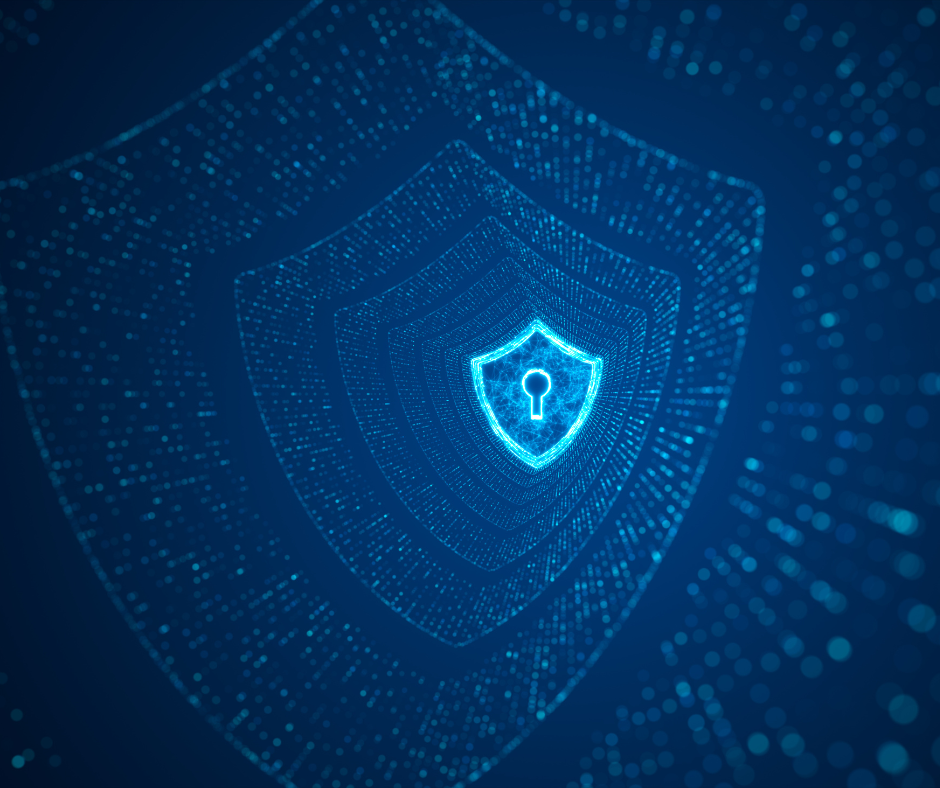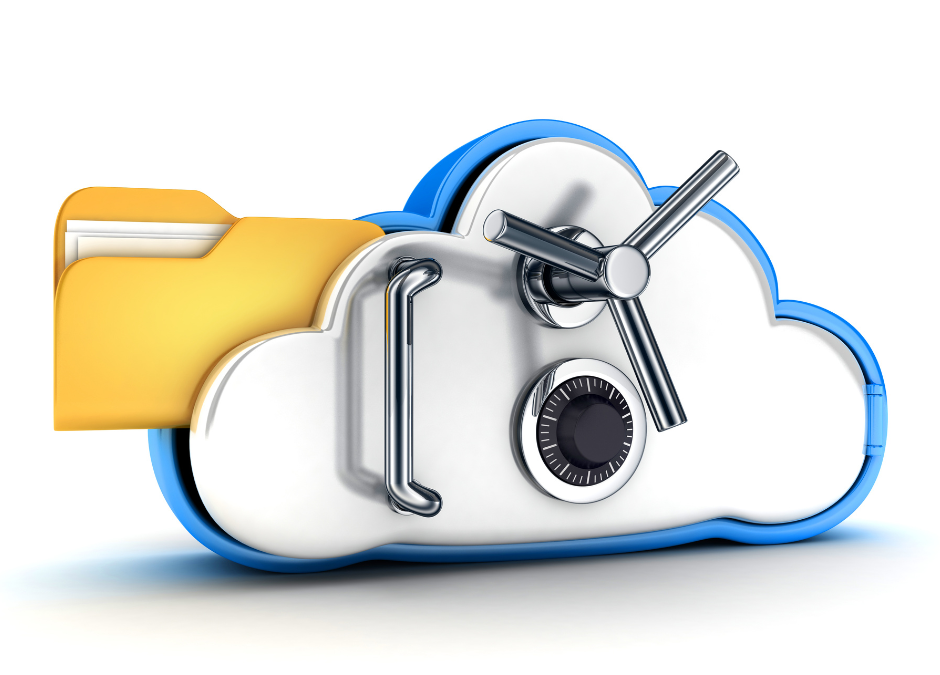Cloud security can seem like a complex topic, but it is also pretty simple when you consider what it does for a business. Better security equals more protection for your customers! So, how does cloud security work? And what are the biggest cloud security benefits? This post will answer those questions and more.
Cloud Security vs Cyber Security: What’s the Difference?
Cloud security and cyber security are often used interchangeably, but cloud security is just one component of cyber security. Cloud security refers to the measures taken to protect data and applications on public cloud platforms from malicious attacks and unauthorized access.
More than just one tool, a cyber security service like TCS CyberShield offers continuous monitoring, advanced risk analysis, and executive guidance to defend your business.
5 Cloud Computing Benefits for Business
Here are five benefits of cloud infrastructure to help show you why it’s worthwhile to invest in this technology.
- Free up IT resources. One major cloud computing benefit? With cloud security vs on premise, IT departments can focus on more critical tasks, like keeping systems online and responding to security threats. You can spend months vetting and testing individual software and hardware tools only to find out that they are not going to work for you. But a cloud solution like TCS CyberShield can save your business both time and money.
- Save money. Cloud computing can be cheaper than traditional IT infrastructure, and it’s easier to maintain, scale, and upgrade. It also typically comes with additional security measures to help protect your data from hackers and other cyber threats.
- Enhance security. With a managed service provider (MSP), you can rest assured your data will be safe. MSPs are well versed in best practices for securing their networks. And they can even help establish policies to keep your business’s information organized and protected from theft or abuse.
- Increase efficiency. Cloud computing also helps you make better use of your resources to scale quickly. As your business grows, you can use cloud computing to automate routine tasks, such as malware scans and software vulnerability patches.
- Prepare for disaster recovery and business continuity. When you store your data on geographically diverse servers and replicate it across multiple devices, you will keep your data if one server fails. This essential added benefit empowers remote or hybrid teams to stay productive in disasters and emergencies.
Keep your business productive with proactive IT management.
Call TCS today to discuss cloud security benefits and ask how TCS CyberShield can protect you from cyber criminals!

A Cloud Security Best Practices FAQ
Is cloud security the right solution for your business? Here are answers to some frequently asked questions about the cloud.
Is the cloud secure?
Yes. The cloud is one of the most secure places to store data. According to Gartner, public cloud infrastructure workloads will suffer at least 60% fewer security incidents than traditional data centers.
How much cloud storage do I need?
The amount of cloud storage you need depends on your business, but for most companies, one terabyte (TB) is enough to get started. One TB equals roughly 1,000 GB or 2.5 million megabytes (MB).
What are the most common cloud security vulnerabilities? How can I protect my business?
Cloud computing has many advantages, but as with all technology, cloud users need to be aware of potential security vulnerabilities and take steps to protect their data. Your company will want to consider these most common risks:
- Malware
- Data loss
- Viruses
- Encryption
Often, the top inadvertent security threat is your employees. However, Multi-factor authentication and proper training can help protect your business.
TCS CyberShield Can Help You Leverage Cloud Security Benefits
When you have questions about cloud computing, IT security, or cloud migrations, TCS is here to help you navigate every step. As an expert and a guide in all things IT, our support is local and prompt. So, when you call, you get a person, not a menu or call center.




